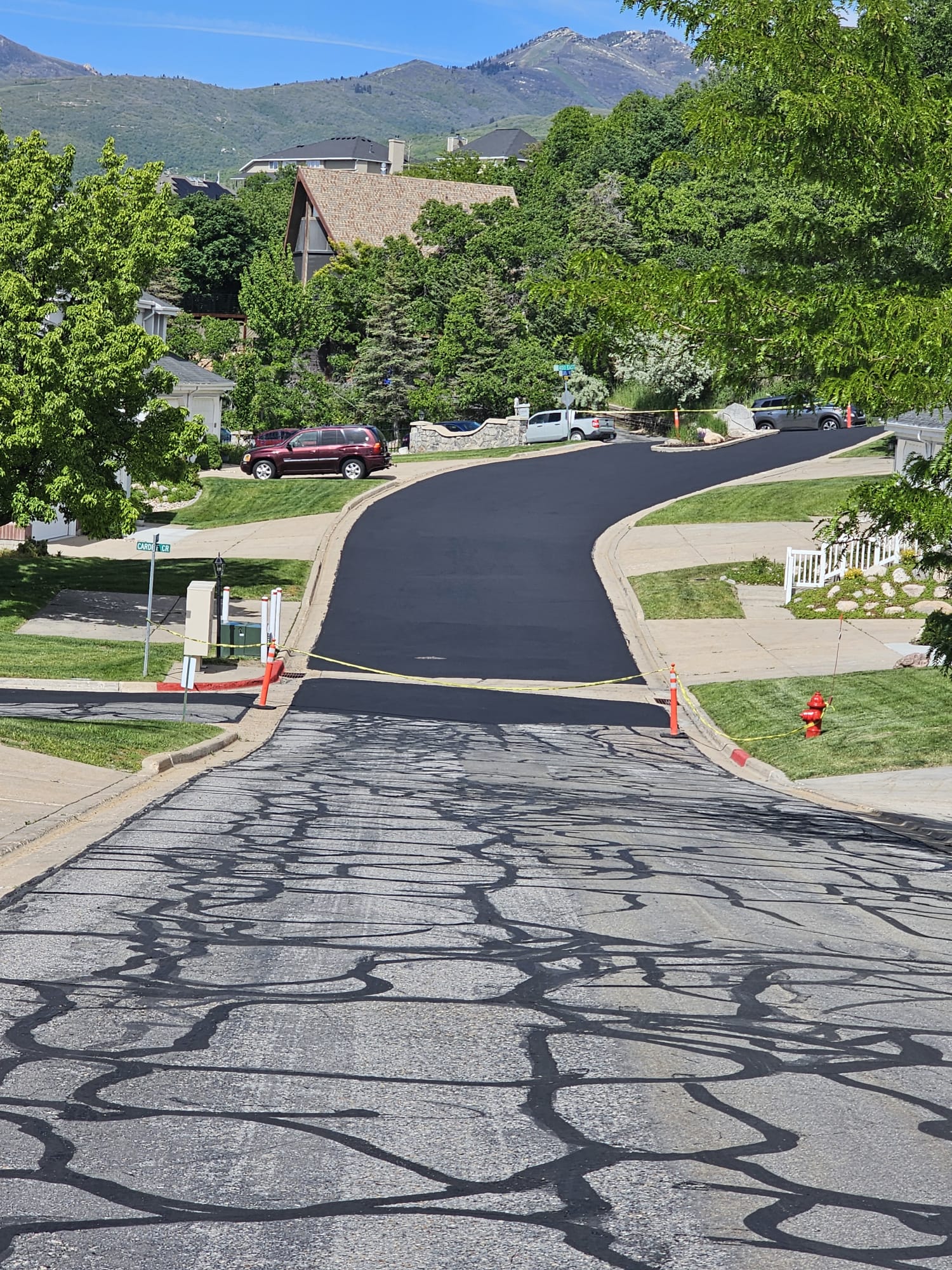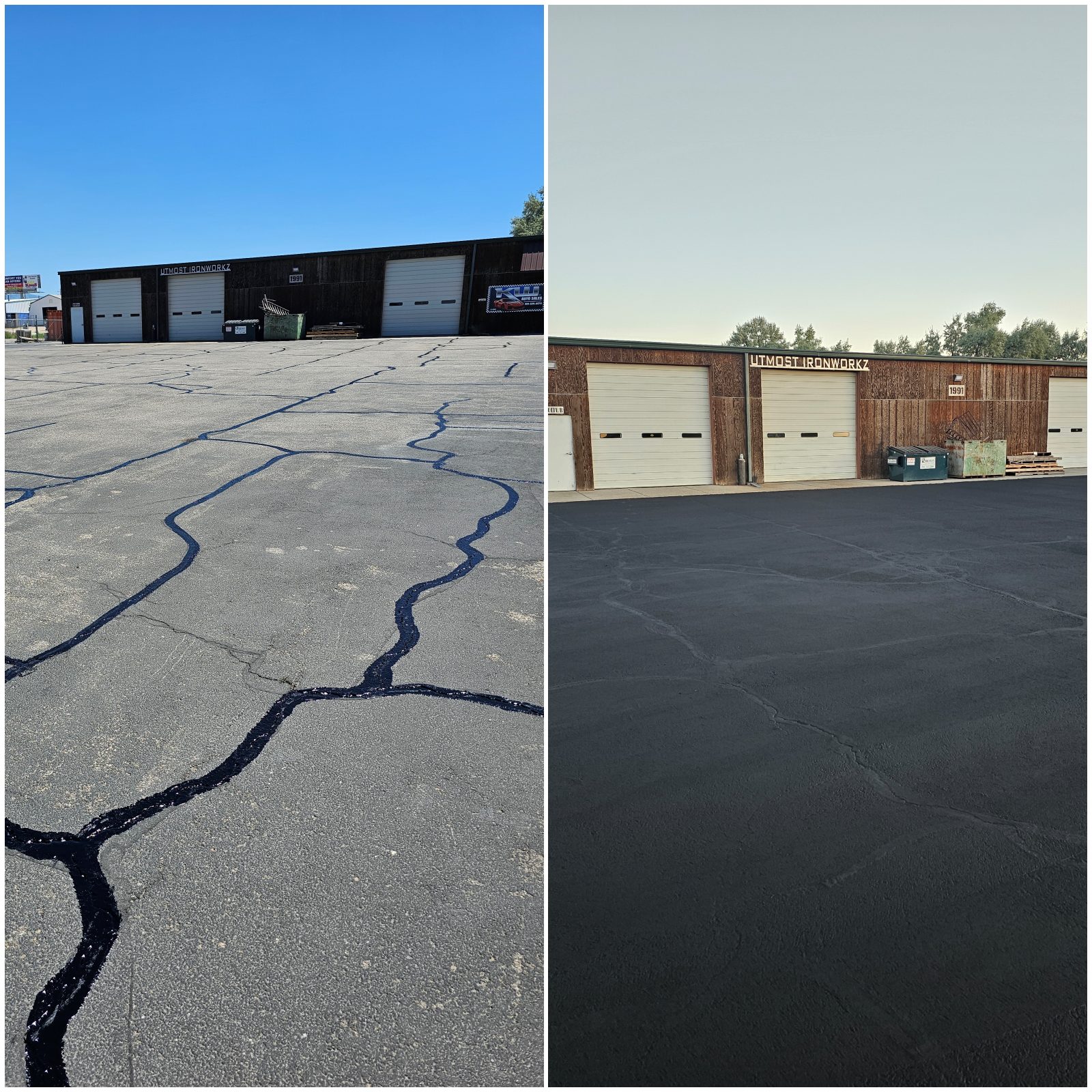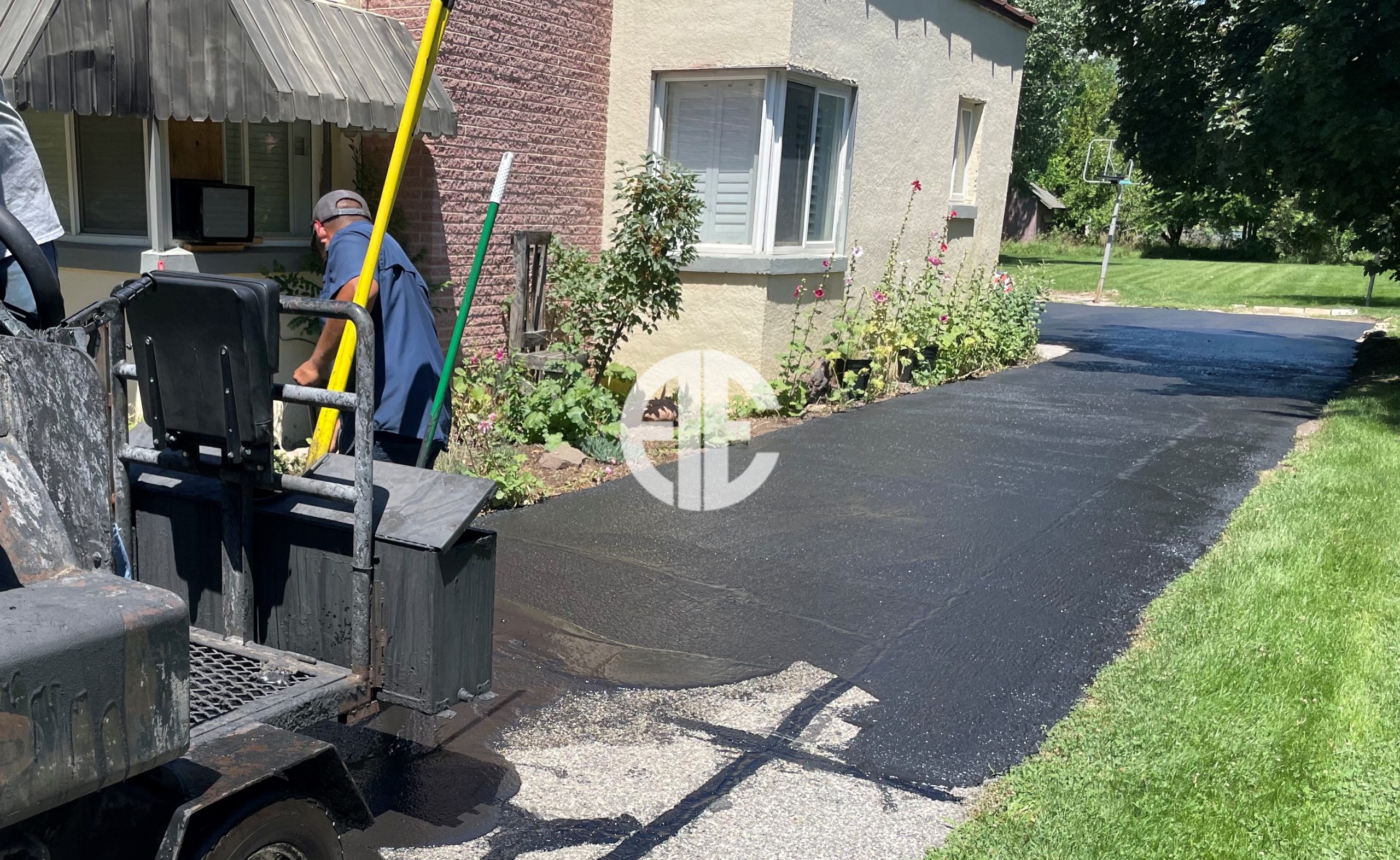With all the conflicting information about asphalt pavement and its various characteristics circling the internet, it’s easy to mix up facts with fiction. If you own a commercial property, having accurate information about asphalt is crucial for maintaining your investment. To help you out, we’ve debunked some of the most common myths and misconceptions about asphalt that we’ve encountered over the years.
Myth #1: ASPHALT IS MORE EXPENSIVE THAN CONCRETE
Cutting corners when it comes to pavement installation and maintenance is always a bad idea that will have detrimental consequences down the line. So, however, the expense of installing asphalt is about comparable to the expense of concrete pavement installation. Asphalt is likewise a lot easier and less expensive to maintain down the line, so you actually end up saving a lot of money.
Myth #2: ASPHALT AND CONCRETE ARE THE SAME
On the contrary, asphalt and concrete consist of completely different aggregates and production processes that give them each exceptional quality. The primary distinction between the two is in the binding agents. Asphalt production mixes an aggregate with bitumen, the binding agent that gives it its signature black color.
Concrete production involves mixing a stone aggregate with cement and allowing it to harden into a rock-like substance. That’s what gives concrete its greyish hue. Asphalt pavements and driveways are significantly stronger and more resistant to continuous exposure to external elements.
Myth #3: ASPHALT ONLY COMES IN ONE COLOR
Many people don’t know this, but it’s actually possible to color asphalt aggregates in various shades to match the aesthetic of different storefronts and businesses. Color additives are environmentally safe and can be added to almost any hot or cold asphalt mixture. Although the standard black is the most common color for asphalt pavements and driveways, you can also choose earthy tones like brown, red, green, and dark gray, among others.
Myth #4: ASPHALT CAN CRACK AT ANYTIME
While the facts confirm that asphalt will ultimately give indications of wear with age and steady use, there’s no evidence to suggest that it can simply break or clasp at any time. That is just evident in special cases where the asphalt wasn’t properly installed or maintained for long periods of time. As long as the asphalt driveway or pavement is installed and maintained up to code, it should last for many years without requiring significant repairs or sustaining damages.
Myth #5: ASPHALT IS BAD FOR THE ENVIRONMENT
Asphalt has the lowest environmental impact and the biggest benefits. Contrary to popular belief, asphalt has the lowest environmental impact and offers significant benefits. Unlike concrete, you can recycle and upcycle asphalt into various products and applications. Asphalt ranks as one of the most highly recycled materials in North America. Even new asphalt aggregates used for paving or repairing roads and parking lots often contain recycled mixtures.
Trust Asphalt Experts – Your Partner for Asphalt Care Excellence in Utah.









 Clearfield
Clearfield